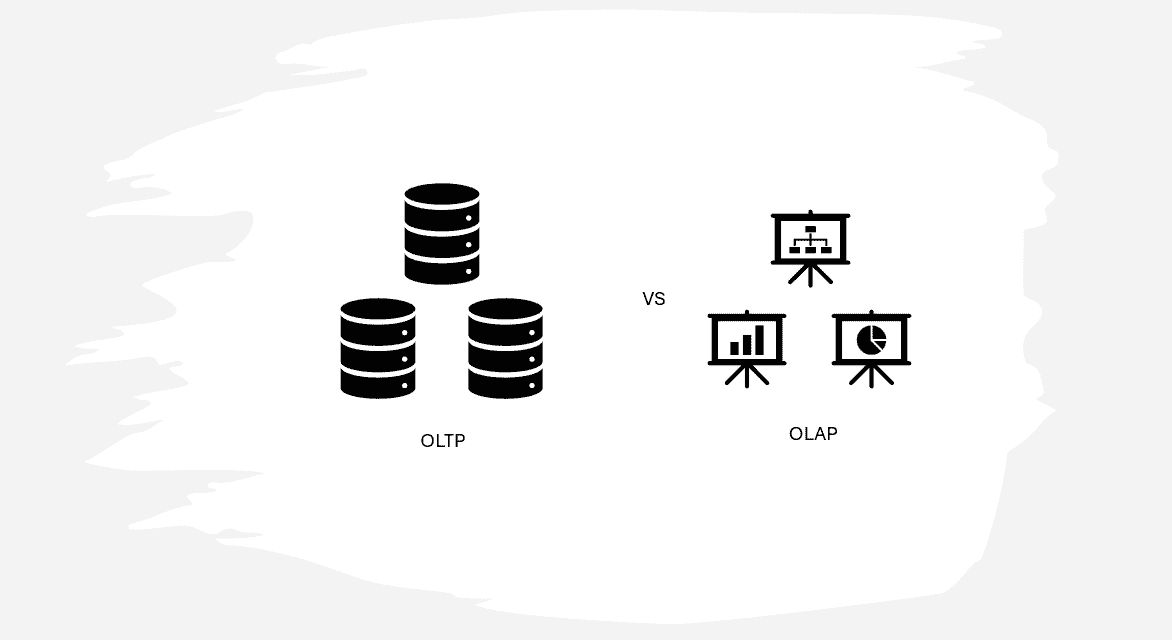
OLTP & OLAP - Why we need Data Warehouse
Today, I was advising a team on building their data warehouse solution. I realized that even 40 years after the term “data warehouse” was first introduced, there are still questions about why we need a data warehouse and why we don’t get all of the data from application databases, especially by executives. I write this post to answer these questions by clarifying the terms OLTP and OLAP, which are frequently used in discussions about data warehouse database architecture. Then I will explain why OLTP databases are inefficient for OLAP queries and why you need a separate database known as a data warehouse. ...
